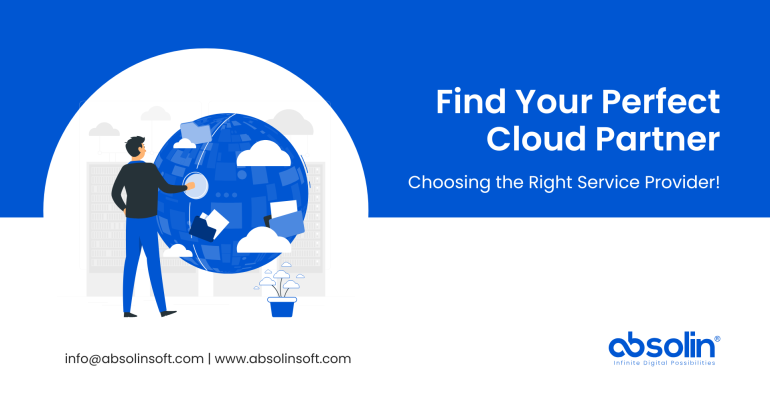Choosing the Right Cloud Service Provider for Your Business
Cloud computing has become an essential part of modern businesses, offering flexibility, scalability, and cost savings. However, selecting the right cloud service provider can be a daunting task, given the numerous options available in the market. Here’s a guide to help you make an informed decision.
1. Understand Your Business Needs
Before evaluating providers, identify your specific requirements:
- Usage: What do you need the cloud for? (Storage, app hosting, analytics, etc.)
- Budget: How much can you allocate for cloud services?
- Compliance: Does your industry have regulations requiring specific data handling practices?
2. Consider the Core Offerings
Evaluate the key services offered by the providers:
- Infrastructure as a Service (IaaS): For companies needing virtual machines, storage, and network resources.
- Platform as a Service (PaaS): For developers needing tools for building and deploying applications.
- Software as a Service (SaaS): For businesses needing ready-to-use software.
Popular providers like AWS, Microsoft Azure, and Google Cloud Platform (GCP) offer a mix of these services. Ensure their offerings align with your business goals.
3. Performance and Reliability
The uptime and speed of a provider can significantly impact your operations. Look for:
- Service Level Agreements (SLAs): Guarantees on uptime, typically 99.9% or higher.
- Global Infrastructure: Providers with data centers worldwide can offer better performance and redundancy.
4. Scalability and Flexibility
Choose a provider that allows you to scale resources up or down based on demand. This is particularly important for businesses with fluctuating workloads.
- Elasticity: Can resources be adjusted automatically during peak times?
- Multicloud Support: Does the provider allow integration with other platforms if needed?
5. Security and Compliance
Security is a top priority when moving to the cloud. Ensure the provider offers:
- Data Encryption: Both at rest and in transit.
- Access Controls: Advanced identity and access management (IAM) tools.
- Compliance Standards: Adherence to regulations like GDPR, HIPAA, or ISO certifications.
6. Cost and Pricing Models
Cloud services operate on a pay-as-you-go model, but costs can quickly add up. Assess:
- Transparent Pricing: Is the pricing structure clear and easy to understand?
- Cost Optimization Tools: Does the provider offer tools to manage and reduce costs?
7. Support and Customer Service
Reliable customer support is crucial. Evaluate:
- Availability: Is support available 24/7?
- Channels: Can you contact them via phone, chat, or email?
- Knowledge Base: Is there extensive documentation for troubleshooting?
8. Reputation and Case Studies
Research reviews, testimonials, and case studies to understand how the provider has helped businesses similar to yours.
9. Trial Periods and Proof of Concept
Many providers offer free trials. Use this opportunity to test their services and ensure they meet your needs.
10. Exit Strategies
Plan for the future. Understand the provider’s policies for data migration or termination of services to avoid vendor lock-in.
Conclusion
Choosing the right cloud service provider is a critical decision that can impact your business’s growth and efficiency. By considering factors like performance, scalability, security, and cost, you can ensure a smooth transition to the cloud and a successful partnership with your chosen provider.



